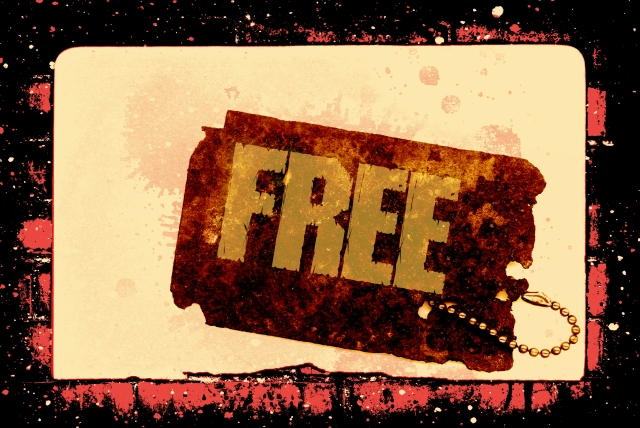Politicians around the world have discovered social media and the web. Australia’s political parties are gearing up to copy Barak Obama’s 2008 online campaigns.
Paul, Tony Delroy and Jeff Jarvis – Associate Professor and Director of the Tow-Knight Center for Entrepreneurial Journalism at the City University of New York and the author of “Public Parts: How sharing in the digital age improves the way we work and live” discussed how politicians are using social media to get into your inbox.
The program is available from the ABC Nightlife website. If you’d still like to make comments or ask questions, feel free to have your say below.
To show what politicians are doing with online media, here are some examples from the Obama 2008 US Presidential campaign.
- The Art of The Possible – An overview of the Obama – Biden 2008 campaign that defined modern digital political campaigns.
- One of the most interesting phenomenons in the 2008 Obama campaign was The Great Schlep (language warning). Can you imagine a campaign like this in Australia?
- Blue State Digital tools were developed for the campaign. These are now being used in Australia.
Some of the topics we looked at include;
- Australian politicians don’t seem to have used the web very well. Why is that?
- What are the ways overseas politicians using social media?
- How do these integrate with the political parties’ existing databases?
- Does this fit into the term Big Data we’re hearing about businesses?
- Doesn’t this all create opportunities for false identities and campaigns?
- Can you keep the parties off your computer?
We’d love to hear your views so join the conversation with your on-air questions, ideas or comments; phone in on the night on 1300 800 222 within Australia or +61 2 8333 1000 from outside Australia.
Tune in on your local ABC radio station or listen online at www.abc.net.au/nightlife.
You can SMS Nightlife’s talkback on 19922702, or through twitter to @paulwallbank using the #abcnightlife hashtag or visit the Nightlife Facebook page.




